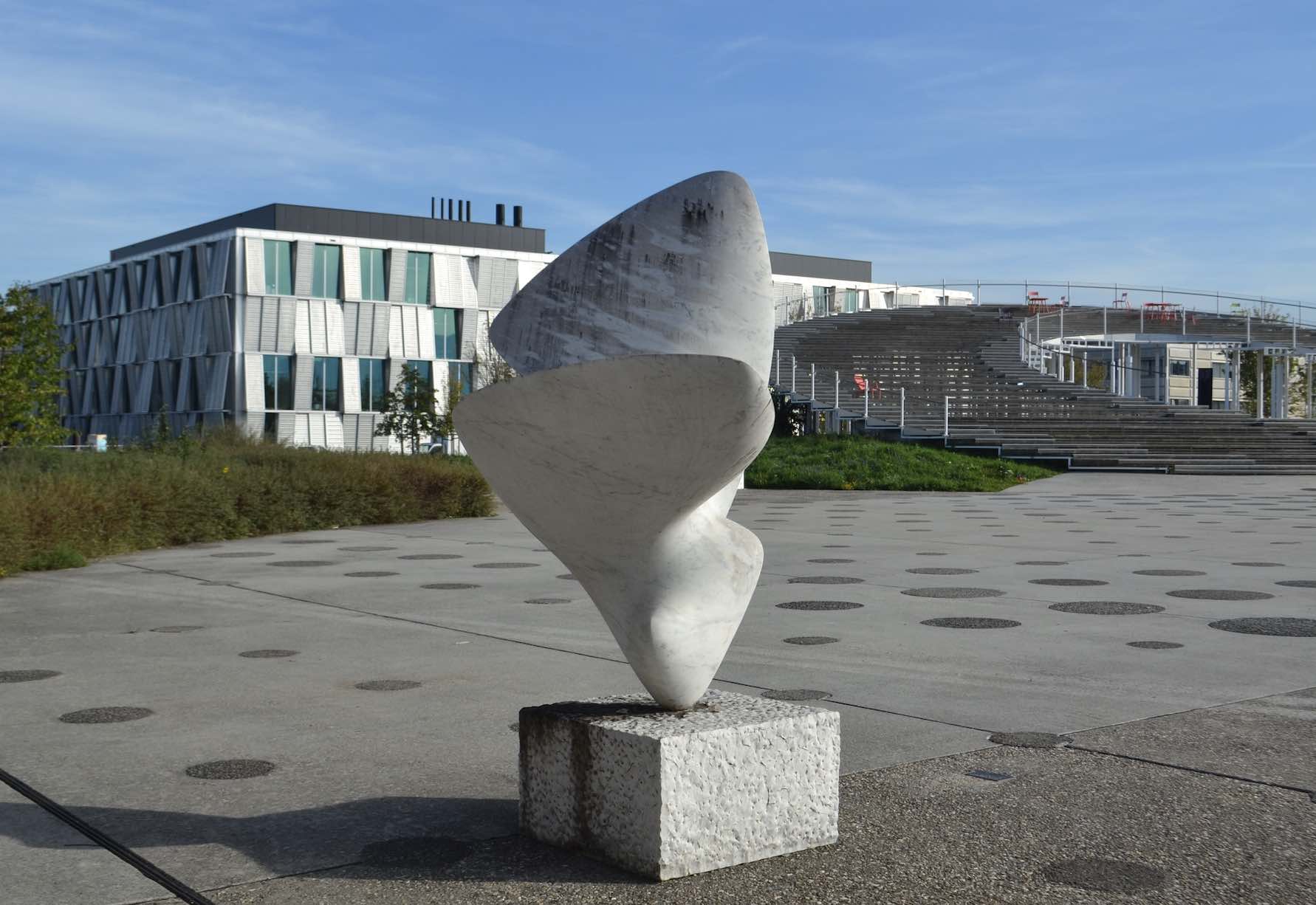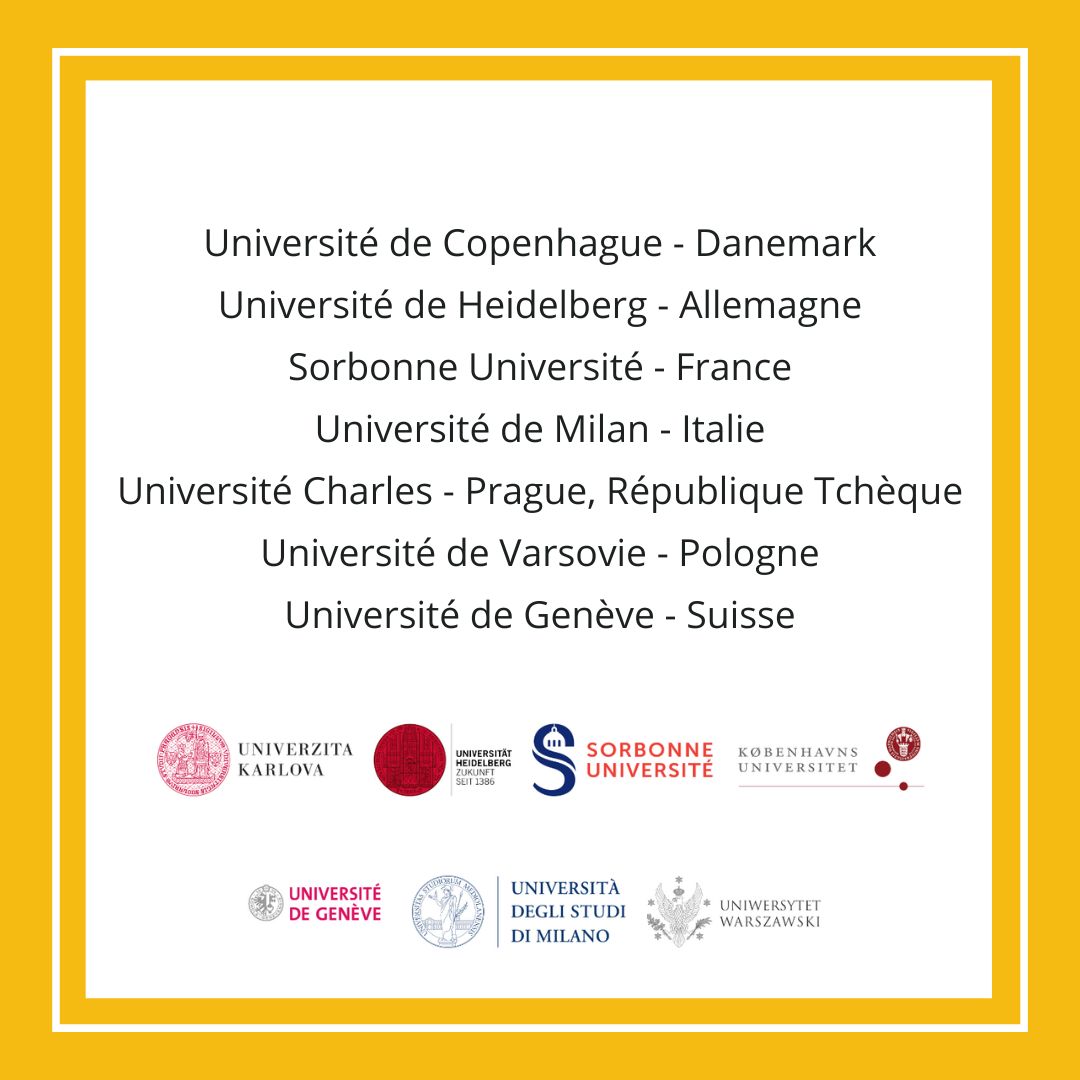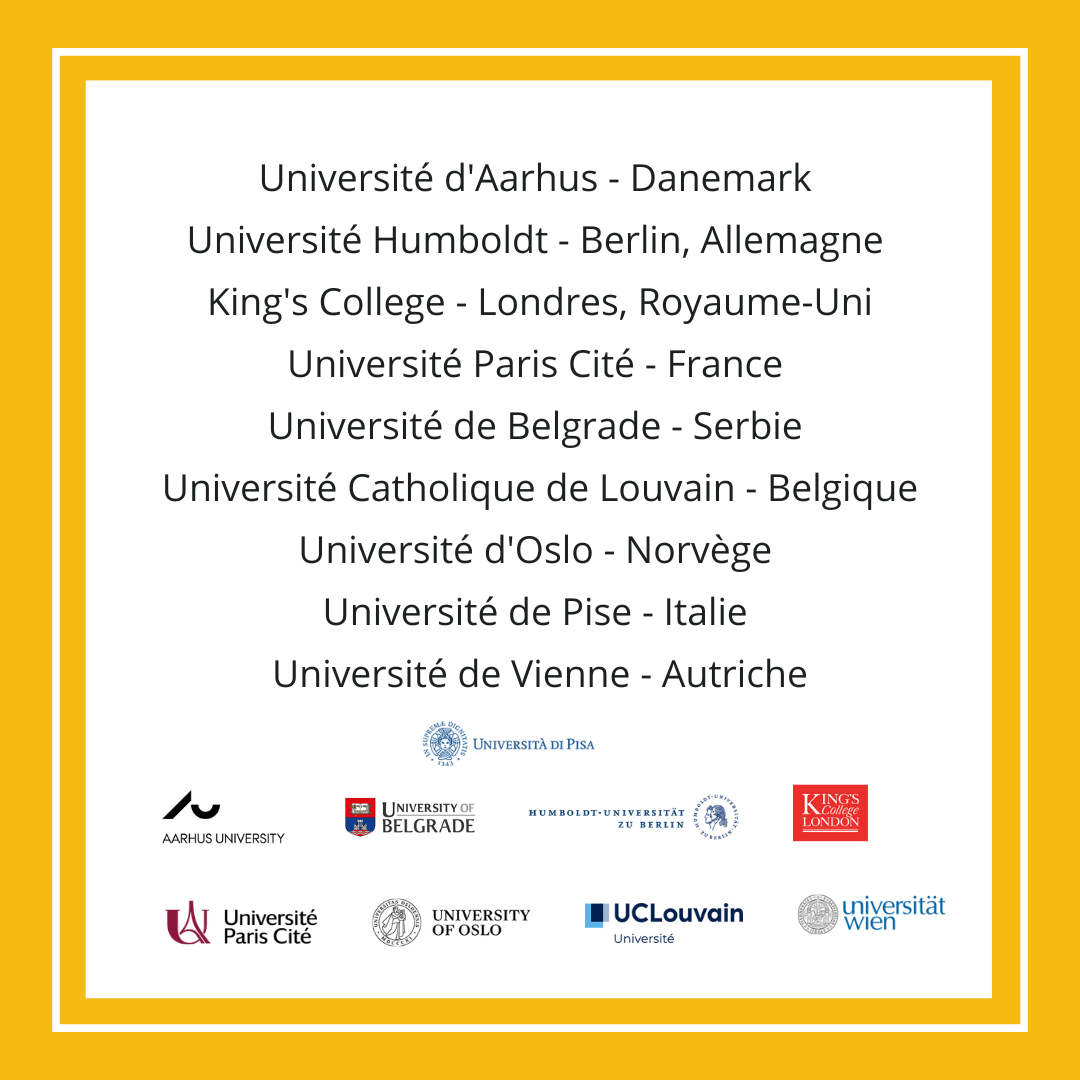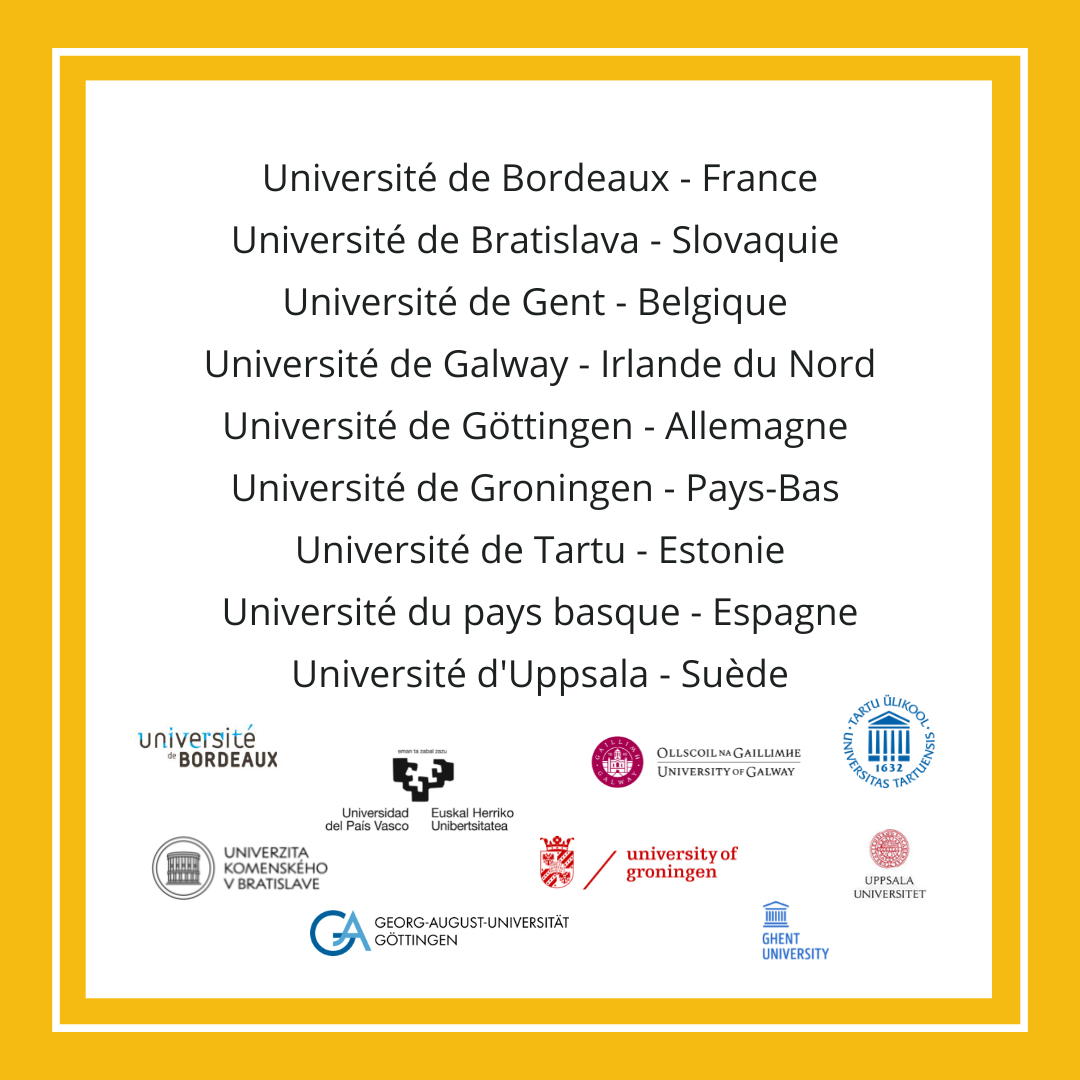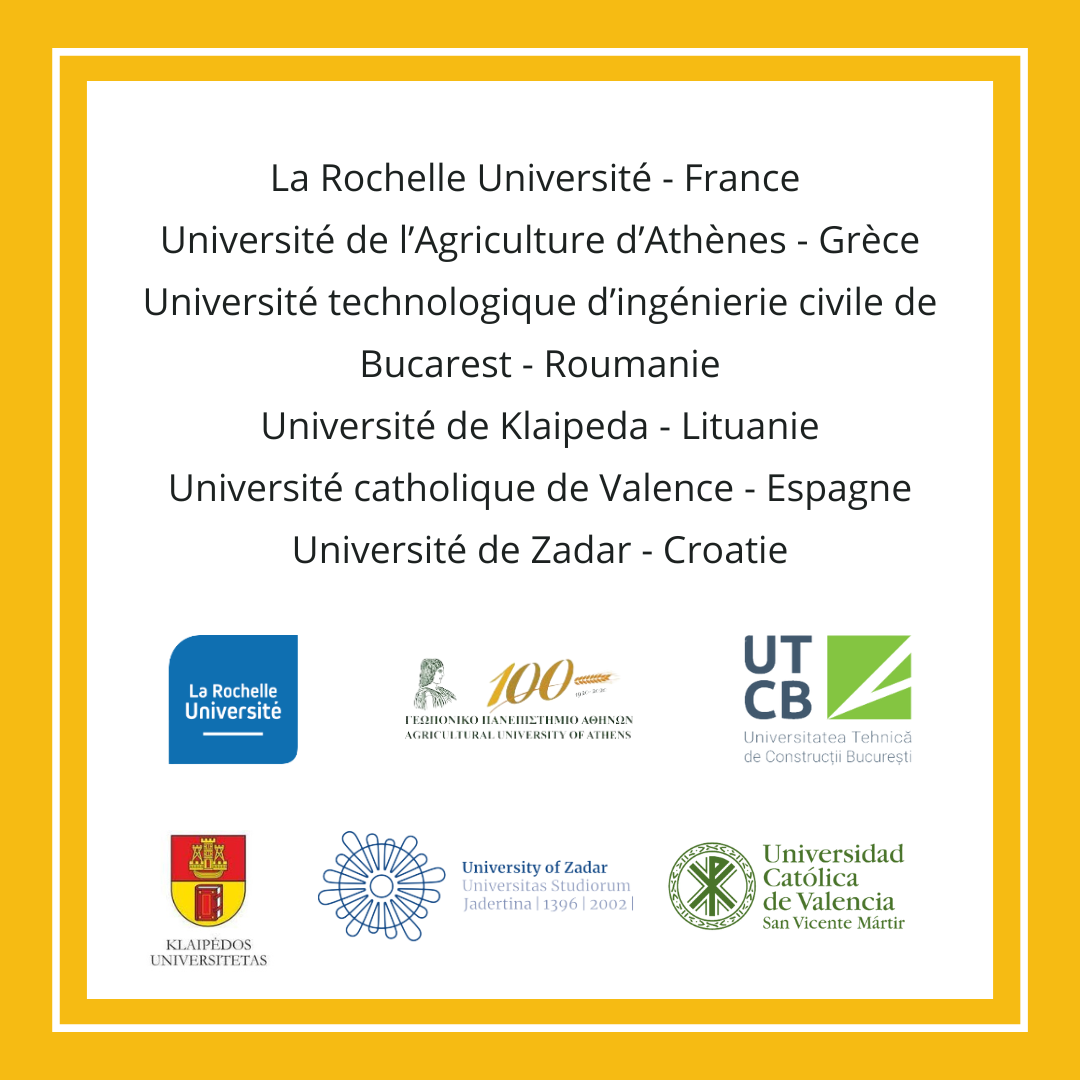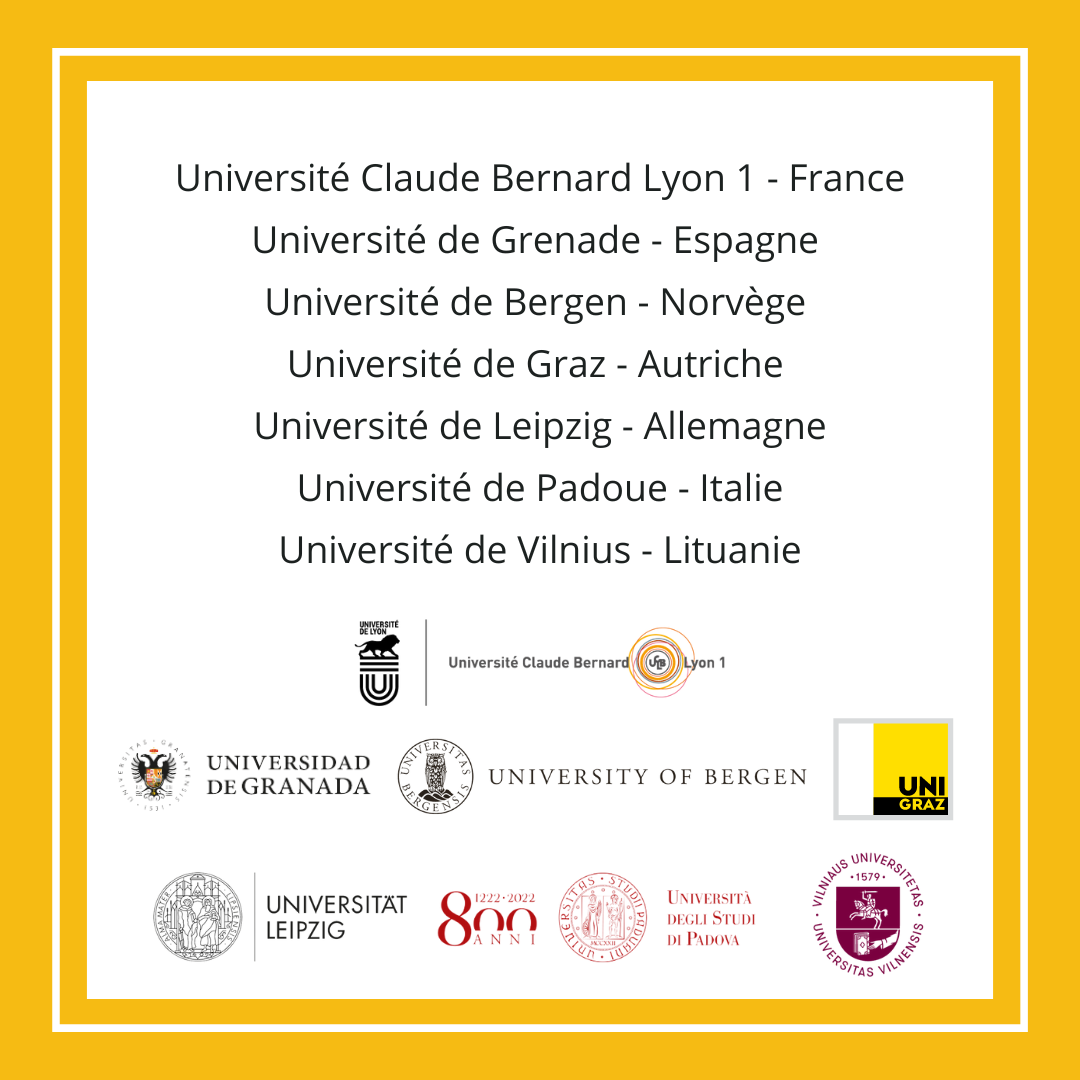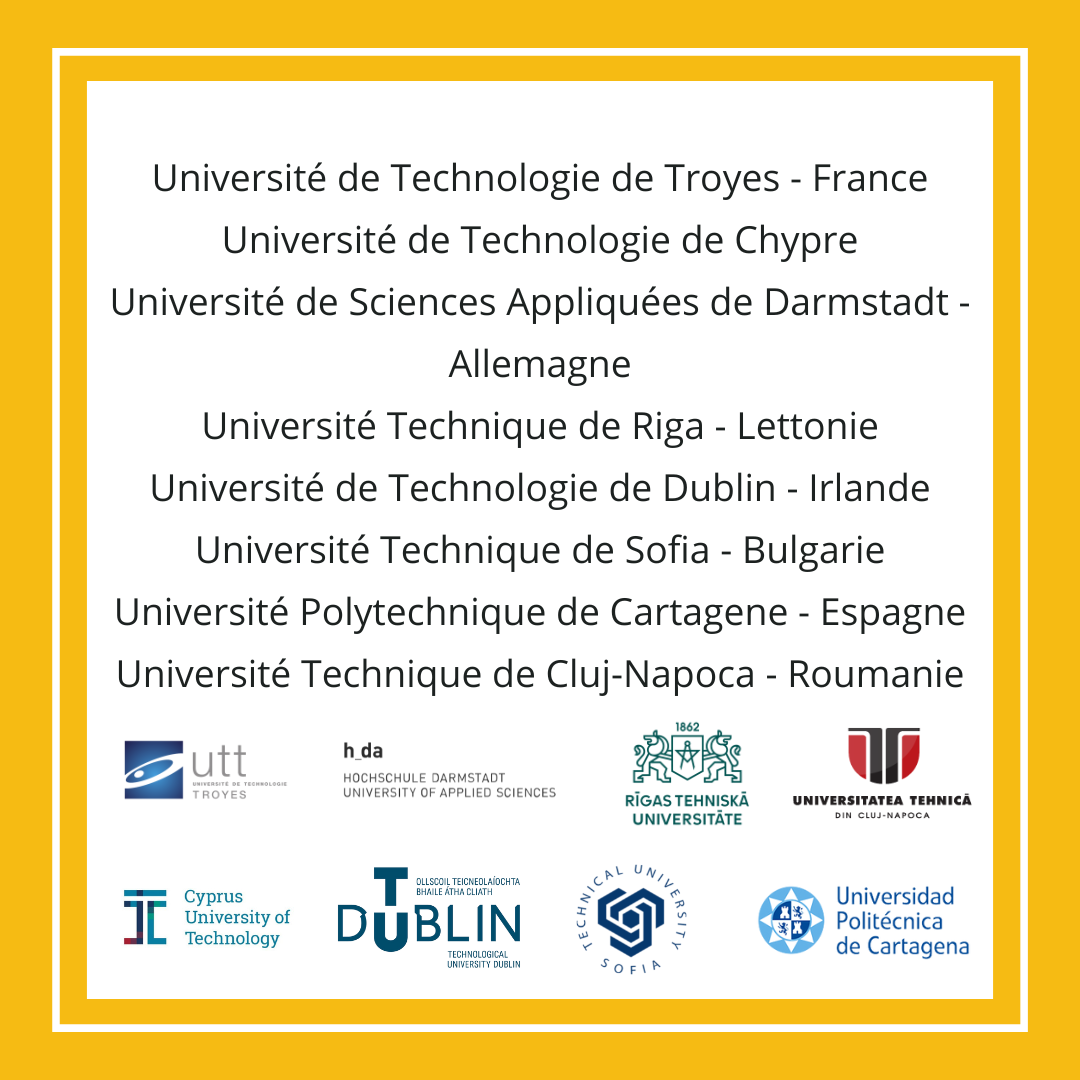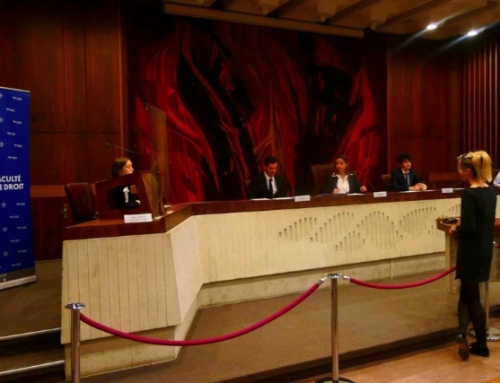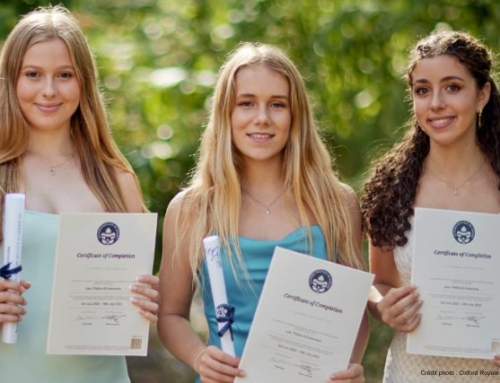In the wake of the Gothenburg Summit and in a speech delivered at the Sorbonne in 2017, President Emmanuel Macron called for the construction of an Europe of universities, as a guarantee of the continent’s cultural and academic influence.
He set out this ambition: “the creation of European universities that will be a network of universities in several European countries, setting up a pathway where each of their students will study abroad and take courses in at least two languages. European universities that will also be places of educational innovation and research excellence. We must set ourselves the target of building at least twenty of these by 2024.”
Since then, Europe and its Member States have committed substantial resources to the creation of alliances between European establishments. In total, European Union support for European university initiatives amounted to 287 million euros over the first 2 rounds of calls for projects. This has enabled the creation of 41 alliances bringing together 6.9 million students, i.e. 18% of all students in Europe. France, for its part, has earmarked a budget of 100 million euros over 10 years to support the initiatives of participating French universities.
Under the French Presidency of the European Union, the project has returned to the forefront of debate, and the aim is now to reach 60 European universities by 2025. New projects will be launched over the next 3 years. The Forum of Universities for the Future of Europe, held in January 2022, highlighted the positive results of the actions undertaken by Europe’s 300 universities. In this context, it is worth noting that France is one of the main contributors to the collective initiative, with 32 French establishments involved in 28 alliances, including 10 as coordinators.
The four general objectives of the "European Universities" are as follows.
- The implementation of a long-term joint training and research strategy
- The creation of an inter-university campus enabling the mobility of at least 50% of students
- Support for an interdisciplinary approach to societal challenges
- Developing best-practice models to enhance the attractiveness and competitiveness of European higher education.
And in concrete terms, what projects are our French universities involved in ?
The alliances are extremely varied. However, they are all driven by a shared vision of Europe and the challenges facing the education of future European citizens.
“The mid-term evaluation of 4EU+ confirms us in the model we want to promote: the establishment of an integrated system that respects institutional autonomy and academic freedom,” says Serge Fdida, outgoing VP International at Sorbonne Université, in an October 28 interview for AEF. “We have strong personalities among our members: six research-intensive universities that are very important in their respective landscapes. We didn’t want to create yet another partnership, but to contribute to the European identity without opposing excellence and inclusion, to train future European citizens who are open to the world, and to promote strong European competitiveness in the field of research”, he adds. A statement that illustrates the significant impetus that this new model has given to the academic world.
For example, three projects, including 4EU+, support this European vision as essential to building a common cultural foundation around knowledge :
4EU+
The 4EU+ European University Alliance now brings together seven research-intensive public universities from July 2022. Its mission is to reinforce the European vision of deeper cooperation and mutual enrichment by developing a new quality of cooperation in teaching, education, research and administration. The aim is to create a truly integrated European university system.
Circle U.
Circle U is a strong alliance of 9 European institutions pooling their expertise to build a European university whose core mission is to provide students and staff with the means to mobilize knowledge to make an impact in building a better world.
Circle U’s declaration of intent inspires respect: “Our Circle, founded on a commitment to ethical principles and a sustainable society, links our missions of education, research, innovation and service to society, and paves the way for the universities of the future.”
ENLIGHT
ENLIGHT is an alliance that also brings together 9 European universities in a project whose main mission is to promote an equitable and sustainable quality of life for all in Europe through a strong commitment to the transformation of higher education.
ENLIGHT proposes to focus its efforts on 5 key areas :
- Health and well-being
- Digital transformation and impact
- Climate change
- Energy transition and circular economy
- Equity

Today, for university alliances, the time has come to welcome the birth of a European diploma. In any case, this is what European Commissioner Mariya Gabriel is proposing when she announces the testing of this “label”, which will come as an additional certificate to enhance the value of the student’s career within Europe. Mariya Gabriel adds that “the aim is to develop a European diploma recognized as a real diploma by national authorities”.
However, the Commissioner also stresses that, once this shared cultural base has been established and supported by the alliances, they should “specialize” around themes reflecting the challenges facing the European Union. For the next three years, a structuring shift must be initiated. Indeed, the European Commission has “changed its approach, since each alliance will focus on a particular challenge that it wishes to solve and on which it wishes to open up competencies, be it climate change, health or the creative industries”. The idea is to move away from a generalist offer of knowledge and develop curricula geared towards future adaptations of the economic and societal models in which we all live. In a way, this brings us back to the concept of poles of competence or excellence, which would enable Europe to set the benchmark in certain fields of knowledge.
This is undoubtedly why certain alliances have been built around this desire for specialization. Some projects are more local, more contextual, bringing together universities with their own particularities. Bringing together specific knowledge from different parts of Europe will increase, structure and solidify the knowledge base available to researchers, teachers and learners alike.
Without being exhaustive, here are three examples of how university alliances can position themselves on extremely inspiring themes :
EU-CONEXUS : European University for Smart Urban Coastal Sustainability
This alliance, initiated by La Rochelle University, brings together 6 universities in Europe.
The special feature of this project is its focus on land management. Indeed, “EU-CONEXUS has chosen to focus on urban and semi-urban coasts, as these areas are increasingly densely populated and very important for trade, aquaculture and fisheries, energy, tourism, etc. At the same time, these coasts are also very important for the environment. At the same time, these coasts are the most vulnerable to the consequences of climate change”. The alliance “will be at the center of a transnational system for creating innovative solutions and products for the sustainability of the urban and coastal environment. It will support start-ups and promote industrial cooperation between industries close to the partner institutions, such as the port industry.”
This strong commitment to enhancing the value of the territories that are also the strength of the countries of the European Union can also be found in the ARQUS project, which has been built around 7 universities representing their regions and the regional capitals that host them.
ARQUS
Around Université Claude Bernard Lyon 1 are the University of Granada (Spain), the University of Bergen (Norway), the University of Graz (Austria), the University of Leipzig (Germany), the University of Padua (Italy) and the University of Vilnius (Lithuania). ARQUS involves an estimated 310,000 students, 40,000 teaching and administrative staff and 1,000 research groups. Lyon is certainly the largest city in this alliance, but the orientation is to work on the regional dimension of the establishments. In order to guarantee this commitment, and to place it within a perspective of European solidarity, the alliance’s principles of action are as follows:
- Widening access, inclusion and diversity
- Student-centered frameworks for quality learning
- Multilingual and multicultural universities
- Entrepreneurship and regional commitment
- Support for research and development of and development of early career researchers
- Engaged European citizens
EUT+
Perhaps a smaller alliance, EUT+, the European University of Technologies, is an original initiative aimed at developing a European vision of technology. It brings together highly specialized technical institutions around the Université de Technologie de Troyes.
In its mission statement, EUT+ emphasizes that Europe needs high-level education, and that it must enable talented people to express themselves through strong technical skills. This will develop a pool of high-performance, responsible professionals to ensure our technological sovereignty.
As you can see, the alliances have been built with the dual aim of pooling teams of top-level researchers and teachers, and reinforcing a European vision of knowledge. They also have precise objectives that go beyond the traditional classification by discipline, and thus become the bearers of cross-disciplinary knowledge at the service of the major challenges facing the planet and its populations. The ecological transition, the digital revolution, regional development and sustainable urbanization are all examples of supranational and interdisciplinary themes.
The means are in place to ensure that Europe remains a continent of knowledge. But will this be enough to ensure that future generations find answers to the challenges ahead? If the education and training of young people are key to the future of nations and Europe, then universities have a major role to play. Seeing them come together in so many innovative and effective alliances is certainly a hope for the place of higher education in our country.
Want to discover our new articles every month? All you have to do is subscribe to our newsletter, which will bring you News From Simone !!


